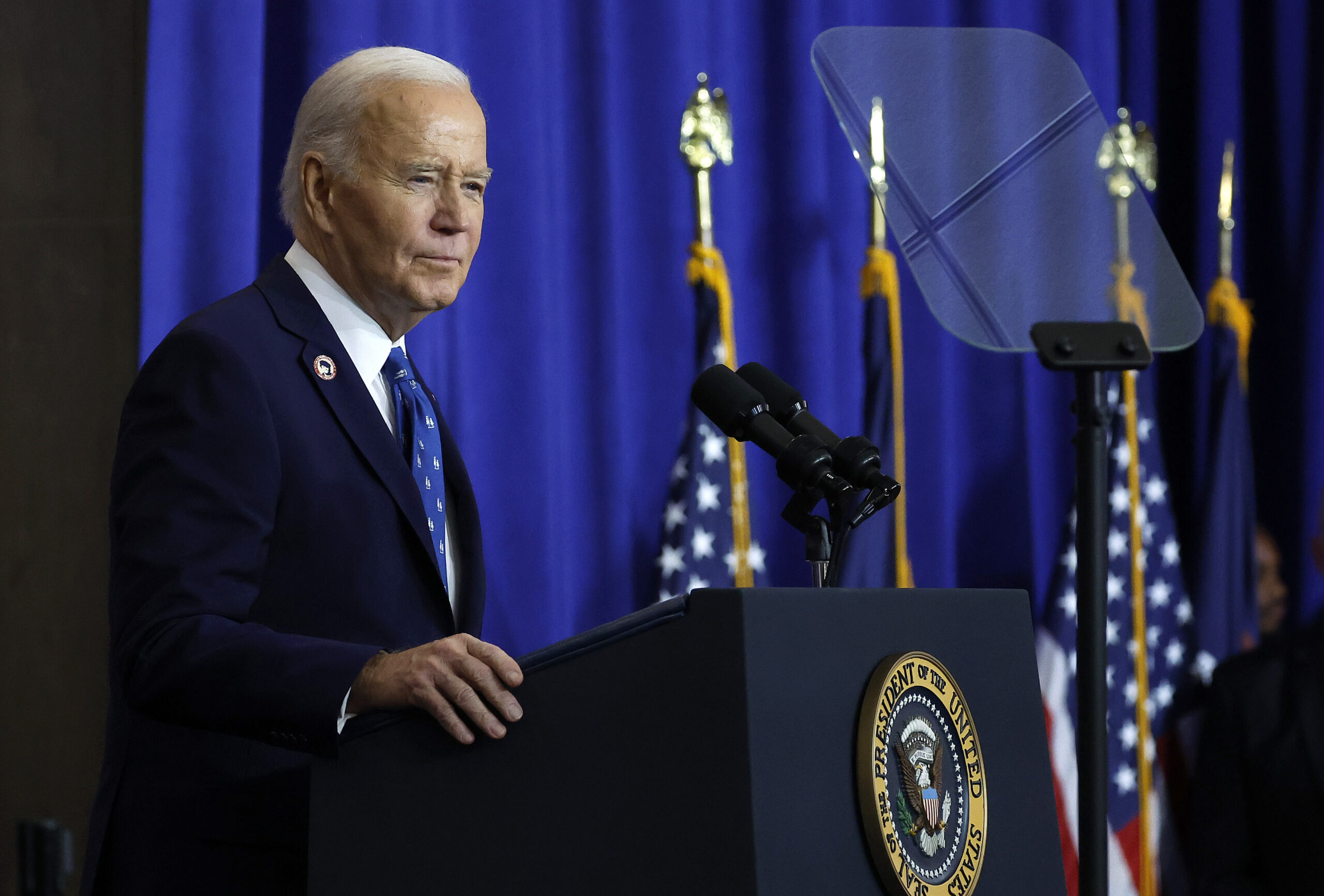- Oak Creek company owes $2.3M settlement over false PPP loans
- Thames Water junior creditors accuse rivals of ‘predatory’ loan conditions
- CFPB Student Loan Ombudsman: servicer errors plague student loan program
- Biden is still looking to forgive student loan debt in final weeks
- SBA Update: How SBA loans empower small businesses – Christopher Hackney
Federal student loan borrowers who have missed payments or entered default may start to see negative impacts on their finances as the new year begins.
Bạn đang xem: Student Loan Update as Borrowers Face New Consequences This Month
Why It Matters
Government-mandated pauses on payments and collections have allowed those who are in default to avoid some of the harsher consequences of missed student loan payments. As the new year begins and these pauses end, borrowers could find themselves grappling with negative marks on their credit, among other financial hardships.
Xem thêm : Dogecoin vs Shiba Inu: Which Meme Coin Will Lead in 2025?
The effects of debt on overall economic well-being of Americans play a role in how they may approach student loan repayment. Findings from the Education Data Initiative say that “51% of renting student borrowers have not bought a home due to student loan debt; among homeowners, 29% delayed purchasing a home due to student debt.” Other factors noted in this study found that Americans lowered their expectations when launching businesses or purchasing vehicles due to student loan debt.
Getty Images/Kevin Dietsch
What To Know
The Student Loan Borrower Assistance National Consumer Law Center says that “The government may be able to garnish your wages, seize your federal tax refunds, and even take a portion of your Social Security benefits to collect on your student loan debt.”
These are a few examples of what borrowers in default may face in the new year. Inflation, among the most prevalent concerns in today’s economy, is one extra factor borrowers may have to navigate in addition to restarting student loan payments and, potentially, catching up on former defaults.
What People Are Saying
Xem thêm : USDA announces final $3M in automatic assistance for distressed farm loan borrowers
“The common thread, though I’ve never had a student loan myself, seems to be confusion. Many borrowers are unsure whether they qualify for loan forgiveness. Some are paying the bare minimum to reach the forgiveness stage, while others are expecting their balances to magically disappear,” Kevin Thompson, finance expert and founder/ CEO of 9i Capital Group, told Newsweek.
“This uncertainty has significant implications for their financial planning, particularly when it comes to major purchases like a home,” Thompson added.
What Happens Next
Borrowers with private student loans are ineligible for federal student loan forgiveness or other programs offered by the U.S. government, while people in default on private loans may not see much change in how lenders pursue repayment. Those with federal student loans who have benefited from government pauses may have to make adjustments early in 2025.
Nguồn: https://marketeconomy.monster
Danh mục: News

